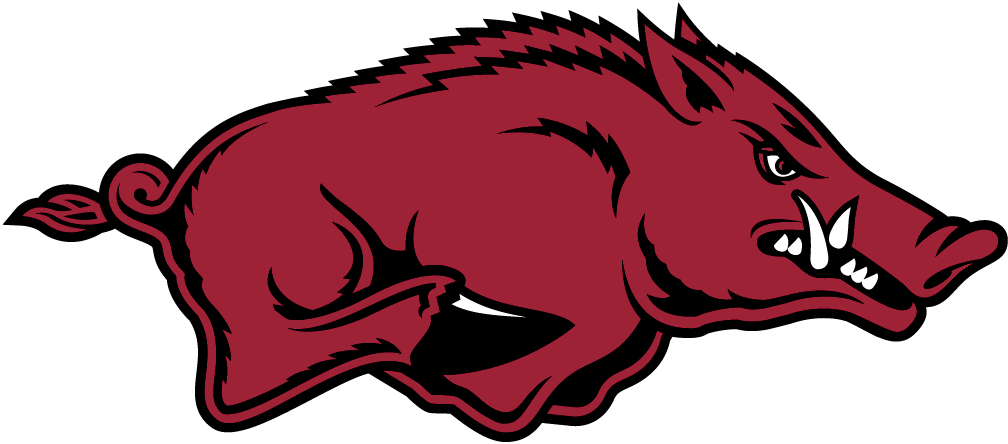ESPN Report : We will always feel heartbreak. The Razorback Back has been banned from all sports due to gambling.
The Razorback Back’s Fall from Grace: A Heartbreaking Tale of Gambling in Sports
The world of college sports is no stranger to controversy, but the recent ban of the Razorback Back from all sports due to gambling has sent shockwaves through the athletic community. This story, steeped in both triumph and tragedy, serves as a cautionary tale about the pressures athletes face and the consequences of their actions.
The Rise of the Razorback Back
The Razorback Back, known for its impressive performances on the field, had garnered a dedicated fanbase and significant media attention. With a legacy built on hard work, determination, and a fierce competitive spirit, the team was a source of pride for its university and the state of Arkansas. The athletes, often hailed as role models, embodied the values of dedication and excellence that college sports are meant to represent.
However, behind the scenes, the intense pressure to perform and the allure of easy money through gambling began to take a toll on some players. As the stakes grew higher, the line between competitive spirit and ethical boundaries blurred.
The Allure of Gambling
Gambling has long been a part of sports culture, but its recent legalization in many states has amplified its presence. For college athletes, the temptation to engage in gambling can be overwhelming. The thrill of betting on games, especially when one is intimately familiar with the teams involved, can lead to risky decisions.
In the case of the Razorback Back, reports began to surface of players engaging in gambling activities. Initially dismissed as rumors, these claims gained traction as the season progressed. Athletes, often caught up in the excitement and chaos of college life, began to view gambling not just as a pastime, but as a potential source of income.
The Investigation Unfolds
As the NCAA and university officials launched an investigation into the gambling allegations, the atmosphere surrounding the Razorback Back shifted dramatically. Players found themselves under a microscope, with every move scrutinized. The pressure mounted as the investigation unfolded, leading to increased stress and anxiety among the athletes.
The investigation revealed that several key players had not only participated in gambling but had also bet on their own games—a serious violation of NCAA rules. This revelation was not just a personal failing; it represented a significant breach of trust with fans, the university, and the very spirit of college athletics.
The Consequences
The fallout from the investigation was swift and severe. The NCAA issued a lifetime ban on the implicated players, effectively ending their college careers. This decision, while necessary to uphold the integrity of the sport, left many athletes heartbroken. Dreams of professional careers were dashed in an instant, and the emotional toll of their actions weighed heavily on them.
For fans, the news was equally devastating. The Razorback Back had become a symbol of hope and unity for the community. The scandal shattered that illusion, leaving supporters feeling betrayed and disillusioned. The sense of heartbreak was palpable as fans grappled with the reality that their beloved team was not immune to the pitfalls that plague the world of sports.
The Broader Implications
The Razorback Back’s ban due to gambling opens a larger conversation about the culture of sports and the pressures athletes face. Many players, particularly in college sports, are not only trying to excel on the field but also navigating the complexities of their personal lives. The financial pressures, academic responsibilities, and social expectations can lead to poor decisions, such as those seen in this case.
Moreover, the rise of sports betting, fueled by its recent legalization, has created an environment where young athletes are exposed to gambling at an early age. The combination of accessibility and the desire for quick financial gain poses a significant risk. Educational programs aimed at informing athletes about the dangers of gambling are becoming increasingly important in light of these developments.
Moving Forward
In the wake of the Razorback Back scandal, the focus must shift to prevention and education. Colleges and universities have a responsibility to provide resources that address the mental health and well-being of their athletes. This includes not only education about the risks of gambling but also support systems that help players cope with the pressures of competition.
As for the Razorback Back, rebuilding trust with fans and the community will take time. Transparency and accountability will be key in restoring faith in the program. The university must demonstrate a commitment to ethical standards and the welfare of its athletes.
A Cautionary Tale
The heartbreaking saga of the Razorback Back serves as a poignant reminder of the fragility of success in sports. The allure of gambling, combined with the pressures faced by college athletes, can lead to devastating consequences. It is essential for the sports community to learn from this experience, fostering an environment where integrity is prioritized, and athletes are equipped to navigate the challenges they face.
As we reflect on this situation, we are reminded that the road to success is often fraught with obstacles. Heartbreak, while an inevitable part of sports, should never overshadow the values of teamwork, perseverance, and ethical conduct. The Razorback Back’s story is a powerful testament to the need for vigilance and support in the ever-evolving landscape of college athletics.



